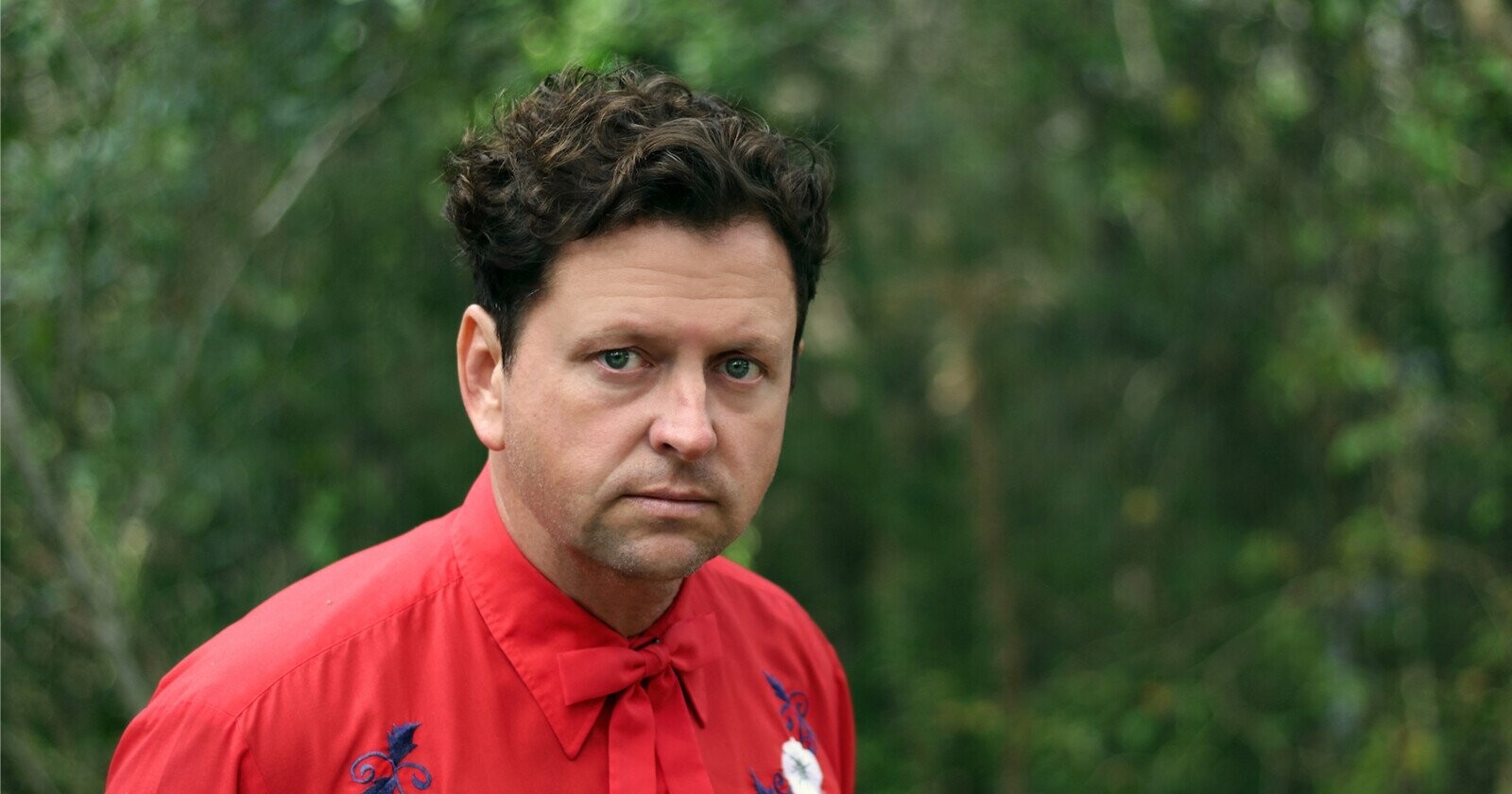
I am not particularly interested in stand-up comedy these days. It’s not that I have anything against the art form; rather, it’s more a result of being immersed in this field due to my job, where everything starts to blend together after a while. However, this doesn’t mean I don’t enjoy a good laugh—quite the opposite, actually. What truly tickles my funny bone usually catches me off guard, coming from unexpected places. And one such surprise was encountering Abe Partridge.
My first encounter with Abe Partridge was when he was the opening act for the 1990s alternative rock icon, Matthew Sweet. He took the stage by storm, delivering a whirlwind of humor that left me in stitches, reminiscent of the infamous Dean Scream but with intentional humor. Not only did he excel in comedy, but he also showcased his musical talents with songs like this:
Yet, it wasn’t all about the laughs. This fearless Southern artist has delved into some dark corners, drawing from his experiences in a war zone during his youth, unafraid to revisit those depths and bring his audience along for the ride.
After the performance, I found myself pondering over what I had just witnessed: Was it comedy, music, or a blend of both? However, instead of finding answers, I was left with more questions. So, I decided to seek clarity from the man himself. Below is an excerpt from our conversation, slightly edited for coherence, and in the spirit of Abe Partridge’s song introductions, I hope you enjoy it.
Your live performance showcased a unique blend where humor acts as a gateway to delve into more serious themes within your songs. Is this a deliberate approach you take?
Absolutely, you hit the nail on the head.
How did you come to adopt this style? Is it a reflection of your personality or a conscious artistic decision?
I’d say it’s a bit of both. Back in high school, I was the guy people enjoyed being around because I always brought laughter and fun into the mix. Being the family jester, I’ve realized that injecting humor into serious conversations can ease tensions and create a positive connection through laughter.
Are there any comedians or humorists who have influenced your style?
While I don’t classify myself as a comedian, I’ve admired the likes of Norm Macdonald from his days on SNL delivering the news with wit. Additionally, Chris Farley left a lasting impression on me during my teenage years.
Given your background as a former preacher, did humor play a role in your previous profession?
In all honesty, I’ve always stayed true to myself in every situation. During my time as a preacher, humor wasn’t the focal point; rather, it was about delivering a message that resonated deeply.
How did that experience shape your journey?
Well (chuckles), let’s just say preaching is no longer in my repertoire.
Have there been instances where your jokes or humor didn’t quite land with the audience?
Not particularly, as experience has taught me what works and when. Adapting to the audience is key, as demonstrated in a recent show in Madison where I tailored my approach to resonate with a crowd nostalgic for 80s and 90s alternative rock. Understanding the audience dynamic is crucial to maintaining engagement.
You’ve performed overseas as well. How do international audiences differ in their reception compared to U.S. crowds?
I’ve been fortunate to receive a warm reception abroad, particularly in regions where a community appreciates my style. Surprisingly, I’ve found more resonance in places like the Netherlands than in my own hometown.
In “Abe Partridge’s 403d Freakout,” your delivery is rapid-fire, packed with poignant observations that resonate with many. How did you craft this piece?
This song stemmed from a period of intense stress during my time in the United States Air Force. Writing has always been my solace during challenging times. Initially penned as a form of personal release, I later revisited the piece, recognizing its potential. Refining it into a structured composition, I gradually integrated it into my performances, eventually making it a fan favorite after overcoming the initial challenge of memorizing its extensive lyrics.
